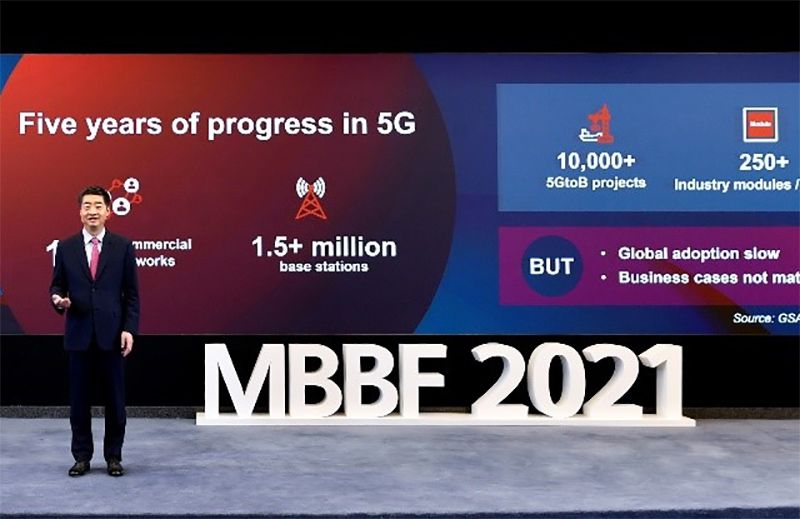REMOTE working has accelerated the adoption of zero-trust in the Philippines compared to the rest of the Asia Pacific region. This finding from a study by commissioned by the Cloud service provider.
The study revealed that in the Philippines, the unprecedented mass migration of organizations’ IT infrastructure to cloud and digital systems in the past year has compressed years of planned digital transformation into a matter of months — or even weeks.
While this agility is impressive, the addition of countless new devices, networks and applications to organizations’ IT ecosystems within a short period of time has increased businesses’ vulnerability to threat actors, who now have more avenues to exploit.
The need for Zero Trust Security — which emphasises a “never trust, always verify” approach through continuous assessment of user access privileges for individual resources — has thus become crucial, especially with greater adoption of cloud-based technologies.
Notably, only 5% of Philippine organizations have existing Zero Trust security strategies, the lowest across APAC markets — as compared to their counterparts in Japan (32%), Malaysia (13%) and Indonesia (10%).
Nevertheless, this is set to change — 95% of Philippine organizations intend to beef up their Zero Trust initiatives in the upcoming 12-18 months.
“Organizations across the Philippines have practiced hybrid working arrangements for the past year and a half. Today, most business leaders recognize the value of such arrangements in driving long term business growth post pandemic, and are committed to sustaining them,” said Graham Sowden, General Manager, Asia Pacific, Okta.
“However, our data has shown that the country has plenty of room for improvement when it comes to implementing Zero Trust Security strategies. It is imperative to the long-term growth of these businesses that they continue to be vigilant in anticipating new threats that emerge in this new digital landscape, by continually assessing their current IT infrastructure, and making strategic investments to stay ahead of threat actors,” he added.




